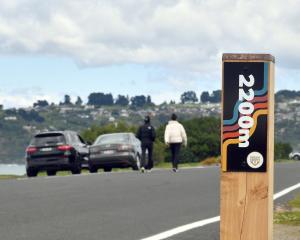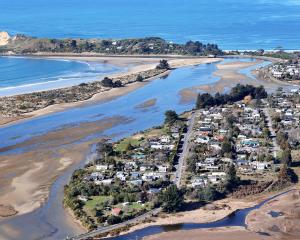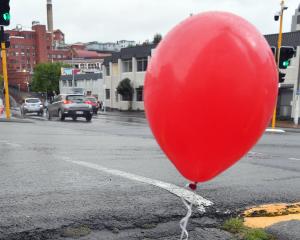Speaking at the University of Otago's Future of Public Conservation Lands and Waters symposium, held at the Hutton Theatre on Friday, Mr Groser talked of the importance of the "conservation economy", a topic the Department of Conservation's director-general, Alistair Morrison, also spoke about.
Conservation lands make up one-third of the total area of the country and about 43% of the South Island.
Mr Groser said an economic benefit to conservation strengthened the justification for public and private spending, shifting support from it being a social cost to a social investment.
"I want to see New Zealanders come to appreciate conservation is not just in our hearts and minds, but is also the lungs of our economy," Mr Groser said.
Ecosystem services such as water, soil and climate regulation underpinned any economy and were particularly evident in an economy based on farming and eco-based tourism.
The most easily understood connection between conservation and the economy was through tourism, an industry which contributed almost 10% of the economy, he said.
"There is a robust case that spending public money on restoring, protecting and managing for healthy natural biodiversity is an investment."
There was a danger people would see the discussion about a "conservation economy" as a lack of appreciation of the "traditional and intrinsic conservation values" but his long-term purpose was to broaden the level of public support for conservation, he said.
In some cases it was enough to protect a species, but if there was an additional spin-off, why not point that out to New Zealanders, he said in an interview.
What the debate meant in practical terms had not yet been thought through, as he was just introducing the concept at the symposium, Mr Groser said.
Mr Morrison said the concept was a "minefield" and was being debated internationally, with organisations such as the United Nations and World Bank recognising how natural resources and ecosystems underpinned economic activity and social cohesion.
The public did not have a good awareness of what conservation contributed and there was a common view that Doc had too much land, but there was also the view that the department was securing critical water and soil catchments for the public, he said.
"We need to do as the minister pointed out, educate the public."











